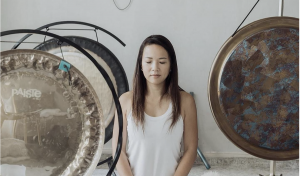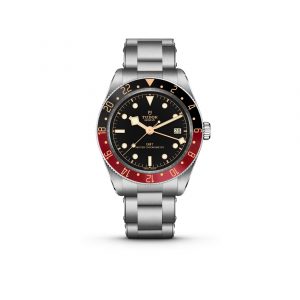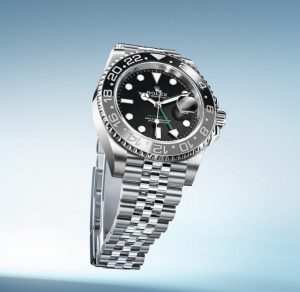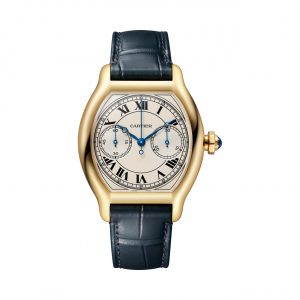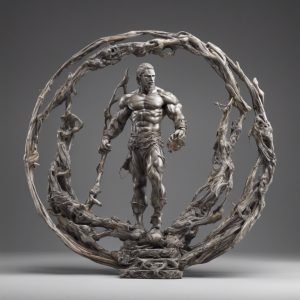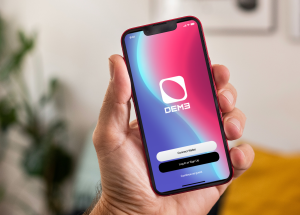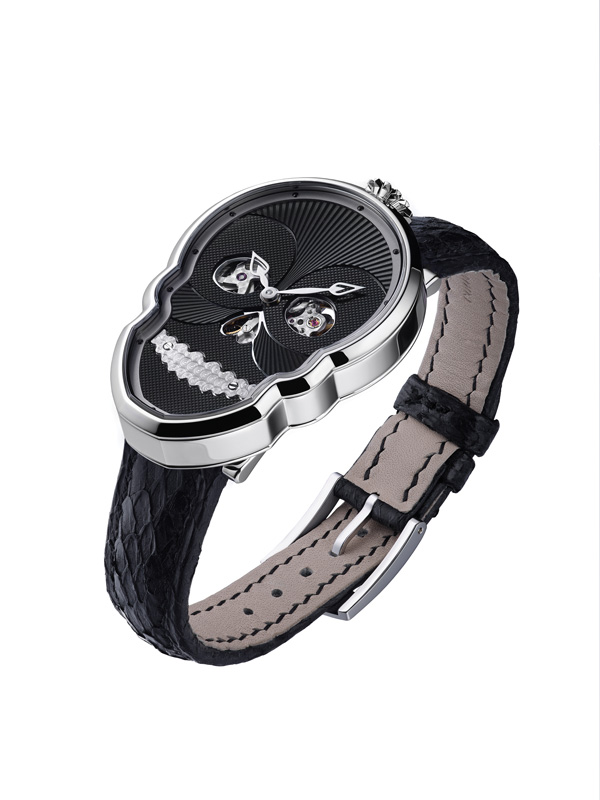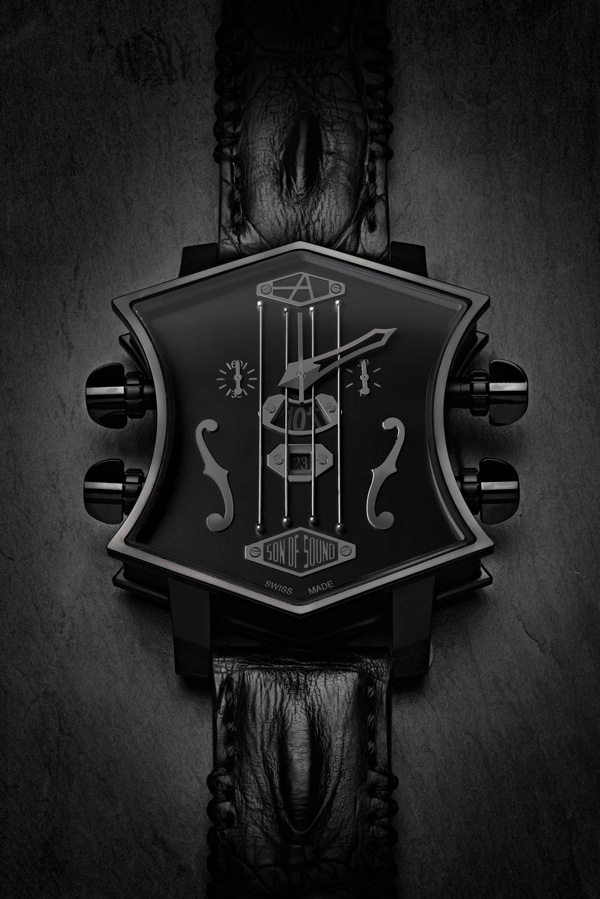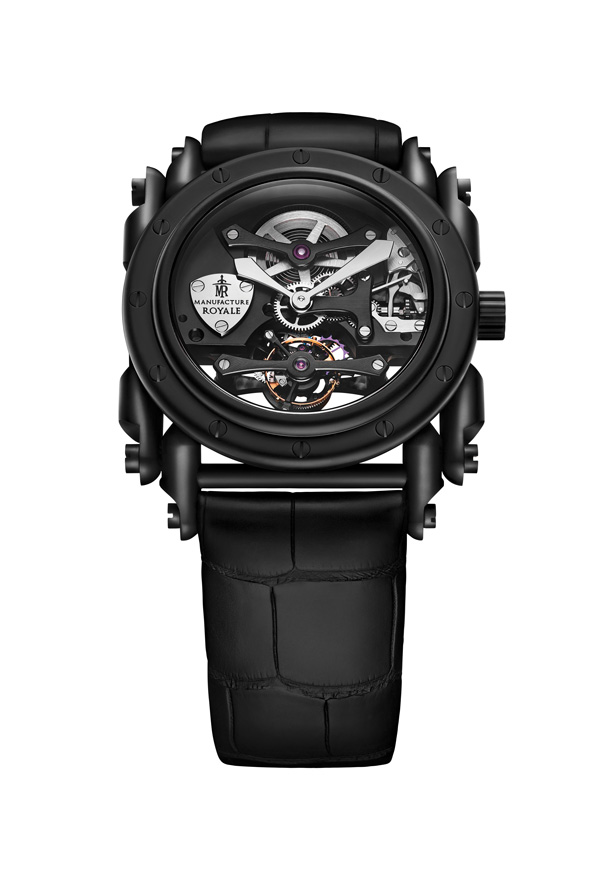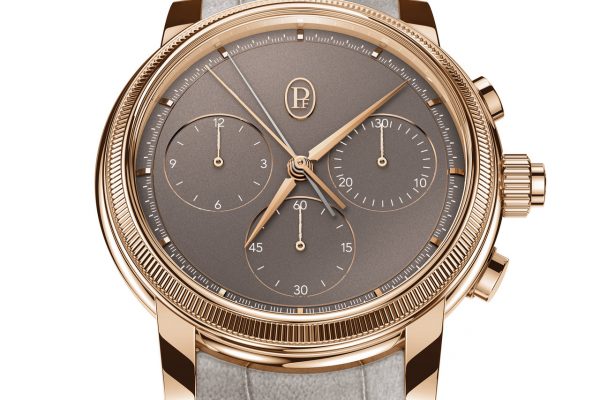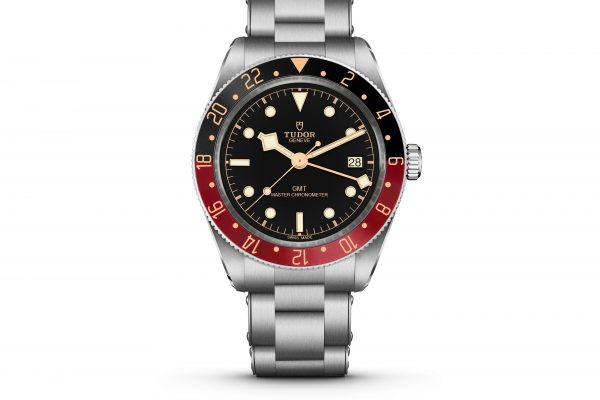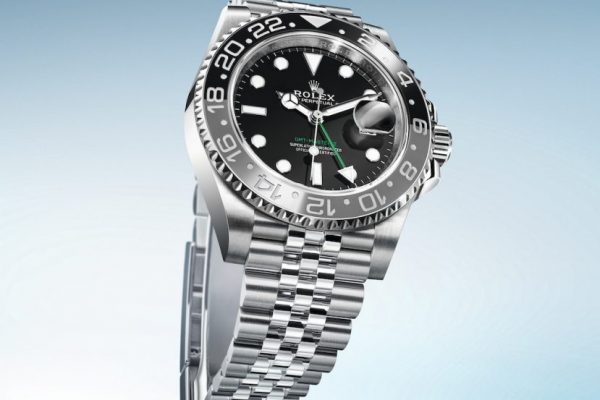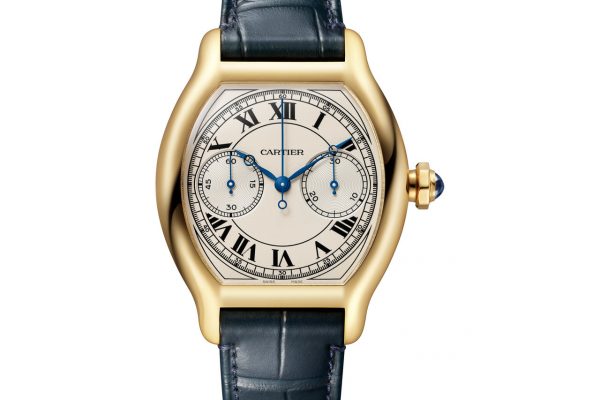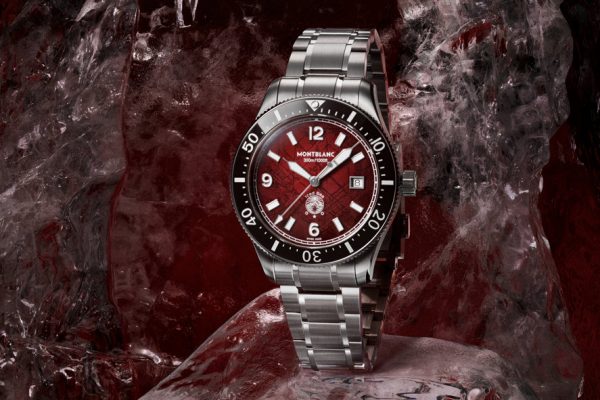#icons / #style / #watches & #jewellery
How Skolorr is disrupting the watch industry
BY #legend
November 1, 2017
If you’re the type of watch aficionado who whiles away the hours on websites like Chrono24, TimeZone and Watchuseek, and who can argue why the new Omega Calibre 8900 trumps the trusty ETA Valjoux 7750 – then you may want to stop reading here.
However, if you’re a little less au fait with watchmaking, but still want a rare and special piece that fits your lifestyle and personality – plus you’re tech-savvy and, even better, are a millennial – then new website Skolorr is right up your street.
“At Skolorr, we want to bring down the watchmaking jargon, decode everything, and make it simple and easy to connect,” says the site’s founder, Sky Sit. “There are guys out there, some as young as 18, who want a really cool and exclusive watch. They are well off, buy something and then disappear; they don’t hang out with other collectors and on watch forums.”
Independent watchmakers – small houses that typically don’t have deep-pocketed financial backers and which only make between 30 and 300 watches annually (compare that with around 800,000 each for Omega and Rolex) – have been making big strides in the horology world lately.
Take Geneva’s annual watch fair as an example: the invitation-only, Richemont-run Salon International de la Haute Horlogerie (SIHH) first welcomed independent brands to the fair in 2016 with nine names. Next year, there will be 16.
Brands such as MB&F, Urwerk and H. Moser & Cie may be more well-known indie names, thanks to them being increasingly coveted by watch connoisseurs – and with the hefty price tags to match. But what about makers such as AkriviA, Zeitwinkel and Olivier Jonquet, the last of which features a beautiful, cushion-shaped Capitaine dress watch priced at an accessible €1,825? Or Czapek, which can boast an illustrious past as the original 19th-century partner of Antoine Norbert de Patek (of Patek Philippe fame)? Or Swedish maker Gustafsson & Sjögren (GoS), with its eye-catching, patterned steel dials that hark back to a technique used in Viking swords?
These are just some of the 20 inaugural names available on Skolorr – and all are manufactures that Sit has personally visited and vetted. “We don’t need to enable the bigger brands,” she says. “They have all the resources, advertising money and people. We wanted a solution that will connect people to the smaller guys.
”The site will certainly be a boost for Geneva-based DeWitt, founded by Jérôme DeWitt, whose avant-garde designs often take years to develop. With time-starved buyers increasingly shunning traditional retailers, being on Skolorr’s “clever and efficient” online platform made sense, says the brand’s CEO and Jérôme’s wife, Viviane DeWitt. “It’s a complementary way to sell to those who’ve maybe never heard of DeWitt. The site can reach people living far from our distributors – and indeed, they can see many more models than what a usual distributor displays.” A younger generation is a new, attractive “corner of luxury”, she adds.
Millennials are now among the world’s biggest demographic – and Skolorr’s primary target audience. “They’re affluent, self-expressive, entrepreneurial and creative,” says Sit. “To make something amazing on one’s own terms strikes a chord. Millennials want something different. They also want to do good in the world, which I love.”
Prior to launching Skolorr, Sit was the former communications officer and the online and direct sales head for independent Danish watch brand Linde Werdelin. Perhaps unsurprisingly, she’s a big fan of the Scandinavian spirit. Even the name Skolorr – a play on the word “scholar” – has a somewhat Nordic ring to it. “We love the whole Scandi direction,” she professes. “It’s socially aware, careful, cool and clean.
”The Skolorr website also features a magazine-like journal section with curated editorial content and images, which was a big draw for Fiona Krüger, the Swiss-based watchmaker whose funky skull watches have earned a cult following. “People can see images of watches anywhere on the web now, but Skolorr showcases products within a wider context – whether they’re in watch features or through other lifestyle topics,” she says.
The online shop is powered by a robust, cutting-edge platform that notably uses an independent third-party payments system. Funds are held in third-party escrow until delivery of the goods, offering a more secure, fair-trade system. It’s this next-generation e-commerce that empowers small businesses such as Skolorr – unlike, say, Airbnb or Uber, which have the necessary capital to build their own platforms. The technology’s availability spurred Sit to start Skolorr and her vision won her UK government funding under an innovation scheme, as the technology hadn’t been used in watchmaking before.
Despite her technical savvy and foresight, Sit insists she actually “fell into” tech, having originally earned a fashion degree. (“I didn’t really like that world, to be honest,” she explains.) A friend introduced her to a software company and after a week of reading and rereading the company’s literature, it finally clicked. “It was quite weird – I just got it,” she recalls. “I started doing well in the company, setting up a business within the corporate environment. It was my first real start-up experience.” Intense work and travel eventually led Sit to take a break. Then living in London’s Notting Hill, she met the co-founder of retailer Matches Fashion, who was impressed by her CV’s combination of fashion and high-tech.
He asked her to help set up its e-commerce business. “At the time, Net-a-Porter was just emerging and it was such a radical idea,” she says. “I had an office in the back of the store, where I wanted to sit because of order fulfilment. The clothes were being picked from the stores, with the girls packing everything for me. That was already omnichannel – and we’re talking around 15 years ago.”
Asked if she sees herself in the tech or the watch world today, Sit firmly sticks with the latter. And will watches continue to be relevant in our digitalised world? She’s adamant that they will. “I did a lot of soul-searching at Linde Werdelin – around my values about doing good socially and adding value – and why I was working in a luxury environment. But I’m passionate about the watch. It doesn’t require energy, can work forever and can be passed down, so it has an emotional quality. And it’s about craftsmanship, which people can identify with. Watches are not about telling time anymore, but showcasing what we can do as human beings.”
Independent thinking, indeed.
This feature originally appeared in the November 2017 print issue of #legend




